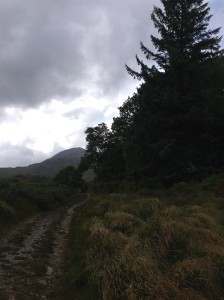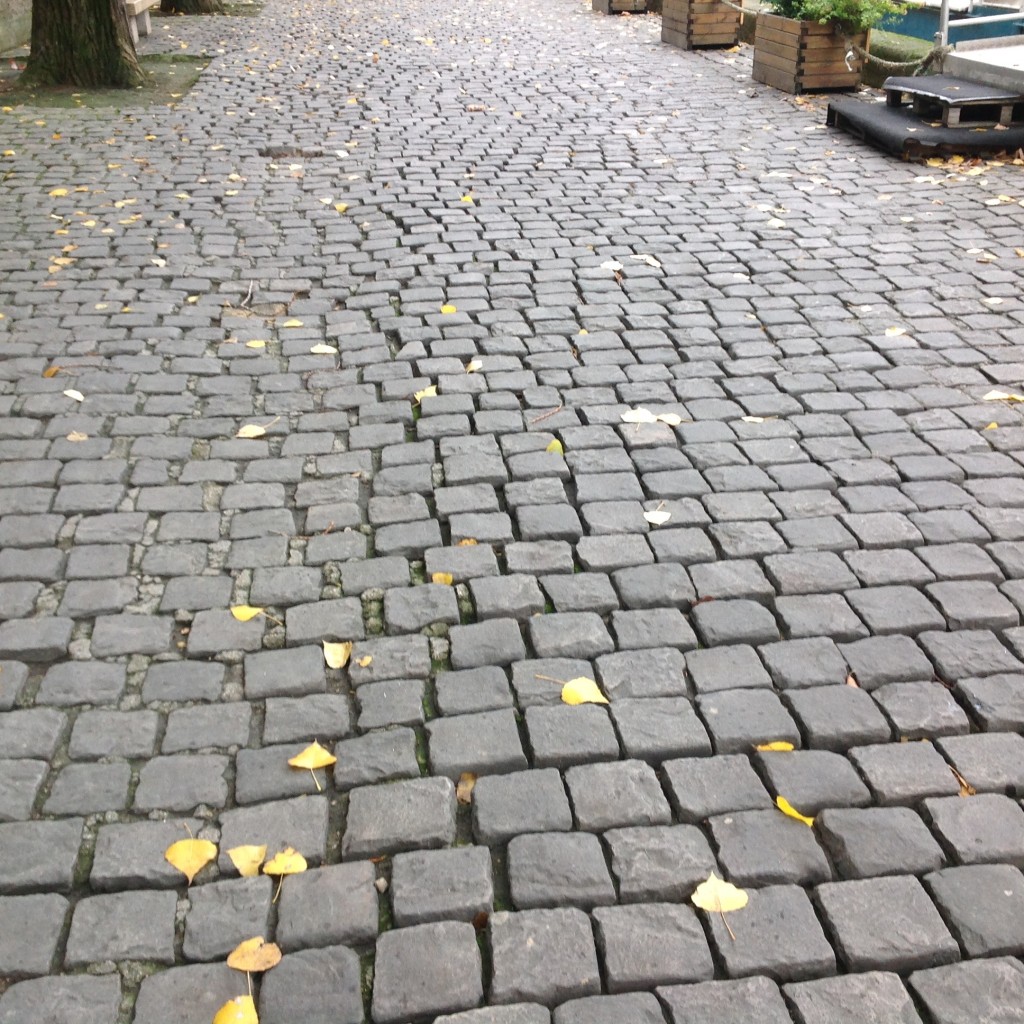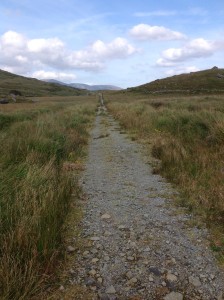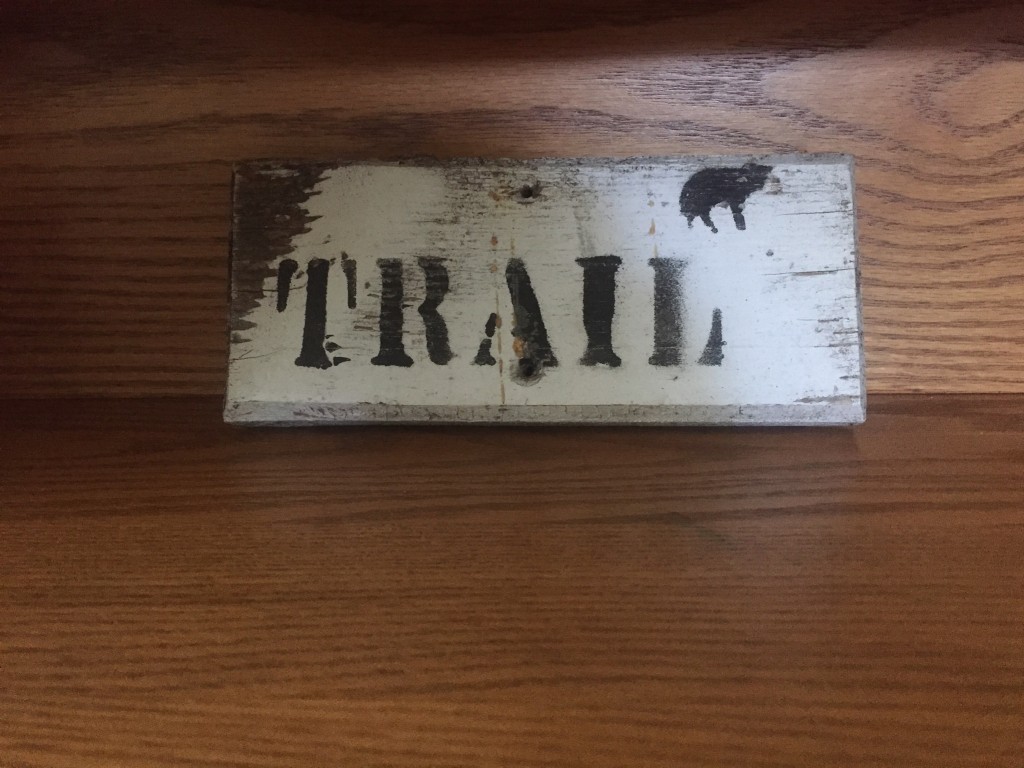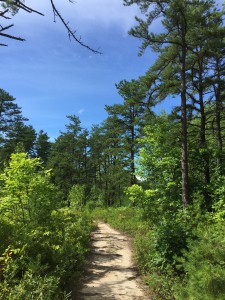Only that day dawns to which we are awake. There is more day to dawn. The sun is but a morning star. Thoreau, Walden.
“Are you okay?”
The two ten-year-olds pause, balanced on their bicycles, as I recover my stride and footing.
“Yes, thanks,” I say…”just caught a toe on a root.” And then I keep on down into the woods, and they remount and ride on the other way.
As I run, I wonder about this little moment and its concern.
Here in the woods, away a bit from the everyday setting of streets and homes, have I just met two boys trained in empathy by their parents? Or was that question involuntary, simply automatic concern for a fellow two-legger, who has stumbled, a white-haired two-legger to boot?
All of this has been much in mind as I’ve read through Sebastian Junger’s new book, Tribe, whose subtitle reads, On Homecoming and Belonging. In it, Junger takes as primary subject and example the difficulty modern soldiers experience rejoining our society, and how this experience differs from that of warriors in tribal societies. Those warriors, who bore with them the horror and trauma of combat, returned to groups configured to receive them, to help them readjust, to help them be okay. Junger points out that our soldiers return to a society designed for the individual, one where need of aid is often seen as weakness, one where isolation is rampant. In such a world, healing, which requires social context, gets delayed, or doesn’t happen at all. Disability takes over instead; life dissipates.
Having been trained in individuation and individualism, having learned to think that hope arrives one person at a time, I find myself wary of groups, or tribes, where the expectation is that a person subsume her or himself to the group, for its good. And yet, it feels as if we – country, world – are wheeling out of control, as individuals fly off at all angles in pursuit of self(ies?) So much self regard; so little group regard.
Here, I think also of Henry Thoreau, seer of the singular, urger of self-realization, of making the self real. Thoreau set out for Walden in pursuit of “I.” But, more importantly, I think, once he’d discovered that “I,” he returned to the group – both to town and to the larger world via his writing – to see what effect he might have in advancing that group.
“Are you okay?” he might have asked rhetorically as he watched his town and country stumble, lose stride in a time whose troubles seem resonant with ours. Would it recover balance? Regain stride?
Walden ends famously with the image of the morning star, with “more day to dawn.” Okay, it posits, through experiment, you know something of yourself; that’s a beginning, but only that. Now on to your allotted day/life – what will you make there? with whom?
By now, I am deep in the woods, and, if you have read along to this point, perhaps you are too. But I realize that as I return from this daily foray, I come back to the extended and extensive self of a town that is itself nested in a larger group.
And I need to keep asking of people I meet, whether in stride or knocked from it, are you okay? Are we?

